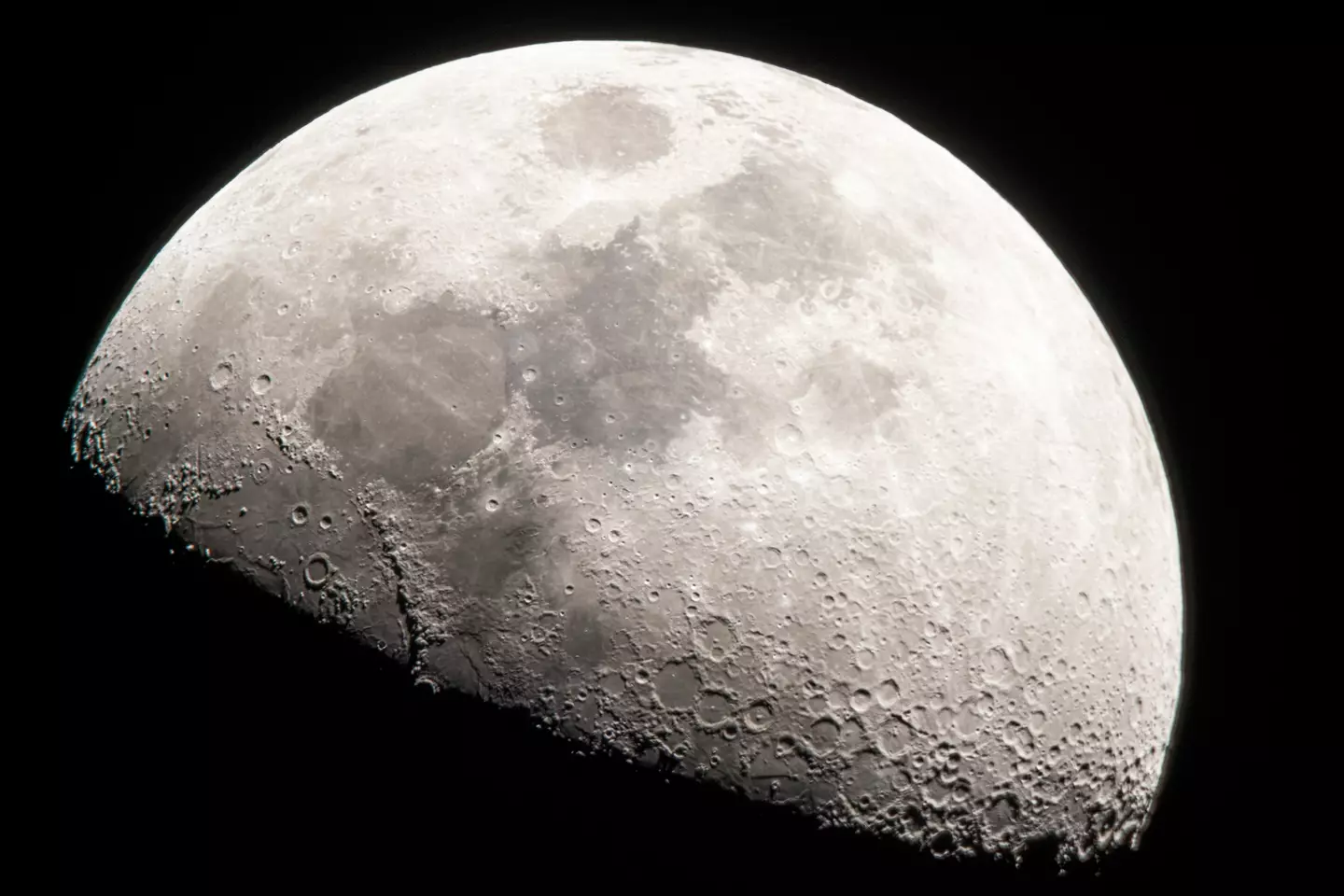
Something strange is happening to our planet's rotation, and scientists are struggling to explain why.
On several specific dates this summer, Earth will be spinning faster than usual, creating days that are shorter than the standard 24 hours we live by.
What's the record so far?
The shortest day since they started measuring this phenomenon in the 1950s was last year, on July 5th, when Earth lost 1.66 milliseconds, according to Date and Time. Before that, June 30th 2022 was pretty quick, losing 1.59 milliseconds.
But with three short days predicted over the next few weeks by astronomers and clock watchers, this summer is something even more rare.
Advert

When will these record-breaking days occur?
On 9 July, 22 July, and 5 August, the Earth will be rotating measurably faster. These days are predicted to be 1.3 and 1.5 milliseconds shorter.
While a millisecond might seem insignificant - an eyeblink takes about 100 milliseconds - these tiny changes are being tracked with extraordinary precision by worldwide atomic clocks.
In fact, 450 atomic clocks are constantly monitoring time with insane accuracy, gaining or losing only about one second every 100 million years. These devices are used for everything from GPS to weather satellites and even nuclear weapons, all of which rely on precise timing to operate.
The International Earth Rotation and Reference Systems Service regularly add leap seconds to our calendars to account for variations in the planet's rotational speed.
Why is the Earth's rotation changing?
Scientists aren't entirely sure what's making the rotation faster. However, the likely cause is the moon and where it happens to be in its orbit around Earth.
Because lunar distance is always changing, days on Earth can sometimes take effect.

Does climate change play a part?
According to experts, as ice melts due to global warming, the extra surface water alters the distribution of the Earth's weight, which in turn affects our planet's rotation rate. It's already made days about 1.33 milliseconds longer per century.
Even things like leaves growing in summer can affect our rotation slightly because the amount of vegetation can change the mass distribution on the surface, as geophysicist Richard Holme says.
Does this affect our daily lives?
Probably the most common question is whether this loss of time will affect our lives. A millisecond and a half is absolutely tiny - you blink for about 100 milliseconds, so this is basically nothing.
Our phones and clocks will still show 24 hours and will unlikely have any long-term effects, scientists say.